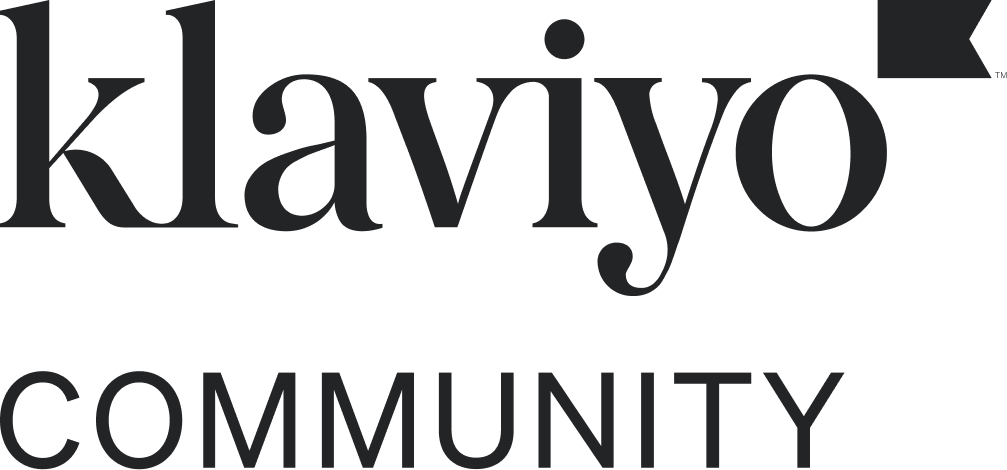Really weird behaviour here that I can’t get to the bottom of; I have a method which I use to render klaviyo templates, and use this in several projects with no issue. However, in our most recent I’m getting a 400 error on the API call - despite the identical call on Postman working and getting a response.
I’ve verified that the Authorization header, indeed all headers, match the Postman call for my own sanity (they do), and have even just reduced the context down to a single key/value pair to ensure there’s nothing weird going on with content.
However, the 400 issue persists; if I switch on enhanced logging I get the following:
* Trying 2606:4700:4400::ac40:9377:443...
* Connected to a.klaviyo.com (2606:4700:4400::ac40:9377) port 443 (#0)
* ALPN, offering h2
* ALPN, offering http/1.1
* CAfile: /etc/ssl/certs/ca-certificates.crt
* CApath: /etc/ssl/certs
* SSL connection using TLSv1.3 / TLS_AES_256_GCM_SHA384
* ALPN, server accepted to use h2
* Server certificate:
* subject: CN=a.klaviyo.com
* start date: Jul 22 05:46:38 2024 GMT
* expire date: Oct 20 05:46:37 2024 GMT
* subjectAltName: host "a.klaviyo.com" matched cert's "a.klaviyo.com"
* issuer: C=US; O=Google Trust Services; CN=WE1
* SSL certificate verify ok.
* Using HTTP2, server supports multiplexing
* Connection state changed (HTTP/2 confirmed)
* Copying HTTP/2 data in stream buffer to connection buffer after upgrade: len=0
* Using Stream ID: 1 (easy handle 0x5568b69836f0)
> post /api/template-render HTTP/2
Host: a.klaviyo.com
authorization: Klaviyo-API-Key pk_xxx
accept: application/json
content-type: application/json
revision: 2024-07-15
content-length: 108
* We are completely uploaded and fine
* old SSL session ID is stale, removing
< HTTP/2 400
< server: cloudflare
< date: Thu, 22 Aug 2024 09:57:51 GMT
< content-type: text/html
< content-length: 155
< cf-ray: -
* The requested URL returned error: 400
* stopped the pause stream!
* Connection #0 to host a.klaviyo.com left intact
For completeness, here are my headers and body:
INFO - 2024-08-22 11:08:12 --> Header: Authorization: Authorization: Klaviyo-API-Key pk_xxx
INFO - 2024-08-22 11:08:12 --> Header: Accept: Accept: application/json
INFO - 2024-08-22 11:08:12 --> Header: Content-Type: Content-Type: application/json
INFO - 2024-08-22 11:08:12 --> Header: revision: revision: 2024-07-15
{
"data": {
"type": "template",
"id": "US2baB",
"attributes": {
"context": {
"salutation": "Hi Test",
"detail": "TEST"
}
}
}
}
As I mentioned, the method I have is identical in 3 other projects and works no problem there, so I’m a bit stumped as to why this time it’s working in Postman (so not an auth or formatting issue) but not in my project.

 The 400 doesn’t seem to come with any meaningful message that I can surface.
The 400 doesn’t seem to come with any meaningful message that I can surface.